Optimized rules include reduced testing, better medical access
Several cities and provinces have recently optimized COVID-19 control measures concerning mass nucleic acid testing and medical services to minimize the impact on people and economic activity.
Starting on Monday, Shanghai will no longer require passengers to possess a negative nucleic acid test result when taking public transportation, including buses and subways, or when entering outdoor public spaces, according to an announcement made on Sunday afternoon.
The city is the latest to join other major Chinese cities in optimizing COVID-19 prevention and control measures to try to return normalcy to life and work following similar announcements by Beijing, Guangzhou and Chongqing.
Beijing announced on Friday that from Monday, public transportation, including buses and subways, may not turn away passengers without proof of a negative test result taken within 48 hours.
Certain groups, including the homebound, students studying online, infants and those working from home, are exempt from mass screening for COVID-19 if they do not need to go out.
However, people still need to show negative test results taken within 48 hours when entering public places such as supermarkets and shopping malls.
In Guangzhou, capital of Guangdong province, people without COVID-19 symptoms, or who work in low-risk posts and those who do not intend to visit supermarkets or other places requiring proof of a negative test, are being asked not to get tested.
According to a notice issued on Sunday by Haizhu authorities, the district hardest hit by the latest outbreak in Guangzhou, only people working in high-risk posts such as express delivery, food take-away, hotels, transportation, shopping malls, construction sites and supermarkets are required to get tested.
Several cities in Guangdong have also adjusted sampling strategies, with tests mainly targeting people in at-risk posts, or who work in key industries.
In Zhuhai, residents are required to pay for any tests they need starting from Sunday, according to a notice issued by the local government.
Residents in Shenzhen will no longer be required to present test results when taking public transportation as long as their health code remains green, according to a notice issued by the local epidemic prevention and control headquarters on Saturday.
In Chongqing, residents of low-risk areas do not need to be tested. Test results are also not required to take public transport or enter low-risk residential areas.
In addition to reducing tests, many cities are providing better public medical services.
Starting on Saturday, residents in Beijing no longer need to register their personal information to purchase medicines for fever, coughs, sore throats or infections either online or in drugstores, according to the municipality's market supervision authority. Guangzhou made a similar announcement several days earlier.
On Thursday, the capital government made it clear that medical service providers in Beijing may not turn away patients without a negative nucleic acid test taken within 48 hours.
The city's health commission said on Saturday that residents can also get access to healthcare and medical consultancy via an online platform relaunched recently by Beijing Medical Association, which is run by experts in eight specialties including respiratory issues, infectious diseases, geriatrics, pediatrics and psychology. Beijing authorities have also mandated that makeshift hospitals ensure that patients are discharged safely, effectively and in an orderly manner.
The staff at makeshift hospitals will provide recovered patients with documentation to ensure they are readmitted by their residential communities.
As control measures are relaxed, shopping malls and department stores in cities including Beijing, Chongqing and Guangzhou have been gradually reopening, although most restaurants still only offer takeout service.
The Grand Bazaar pedestrian street in Urumqi, capital of the Xinjiang Uygur autonomous region, and skiing resorts in the region also reopened on Sunday.










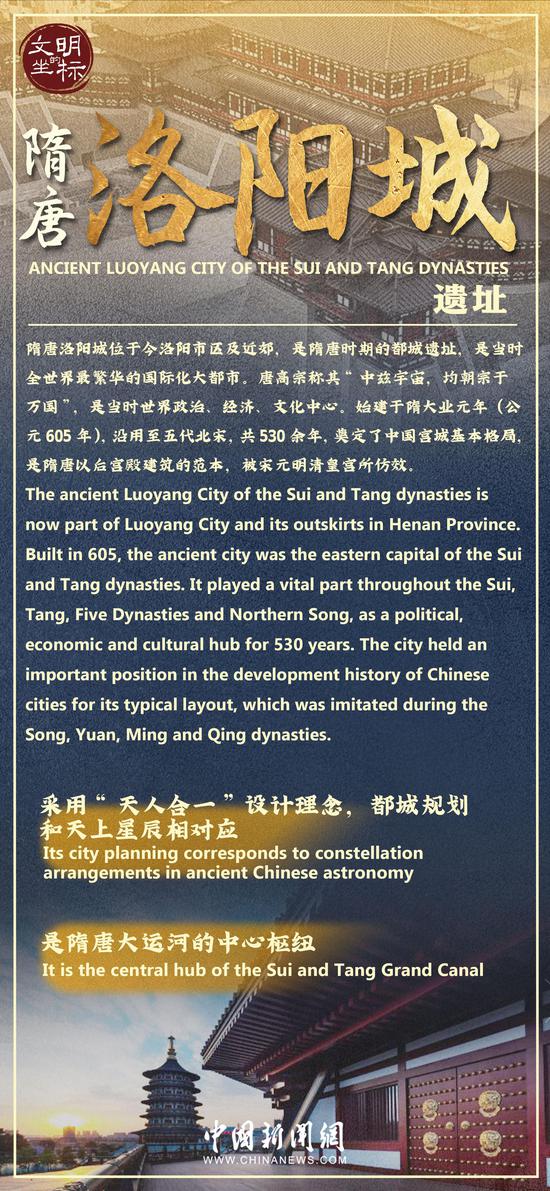
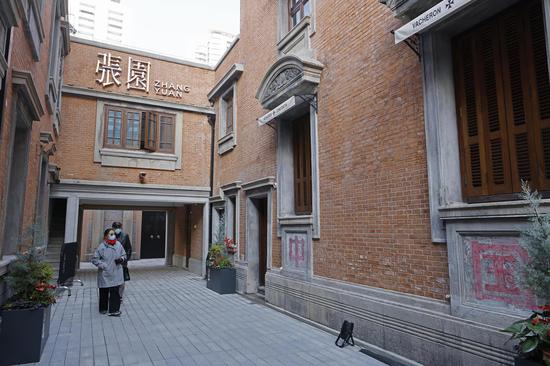
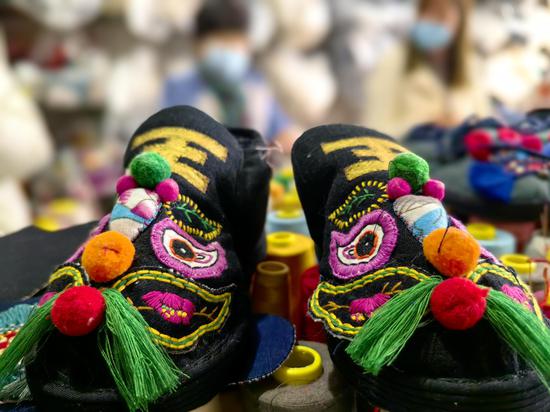
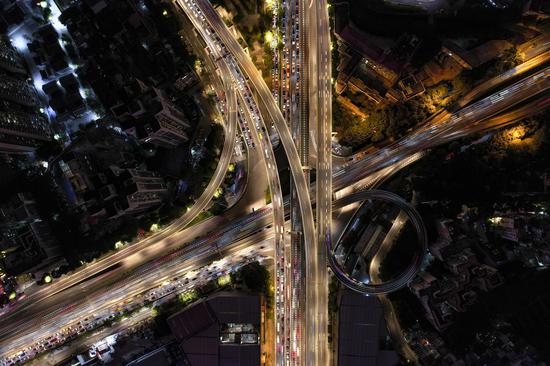
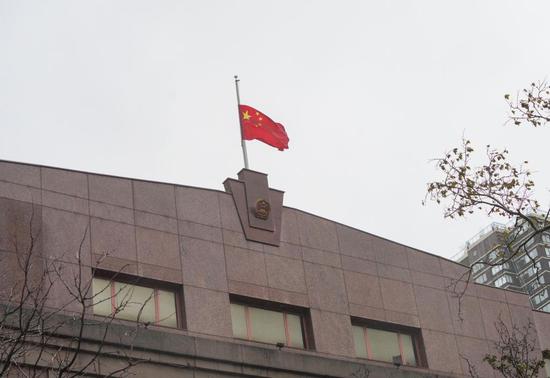
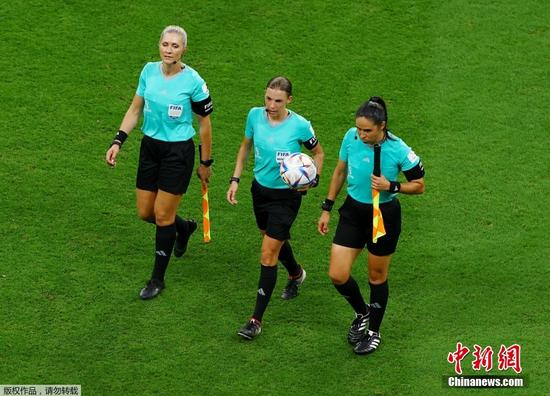
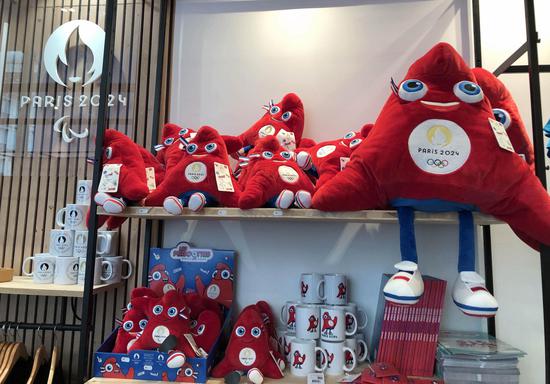
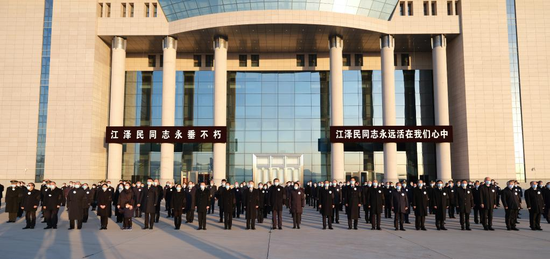
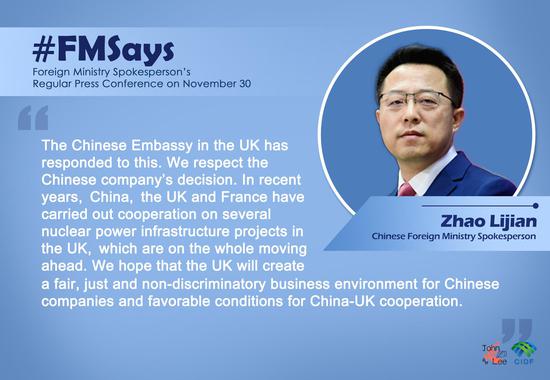
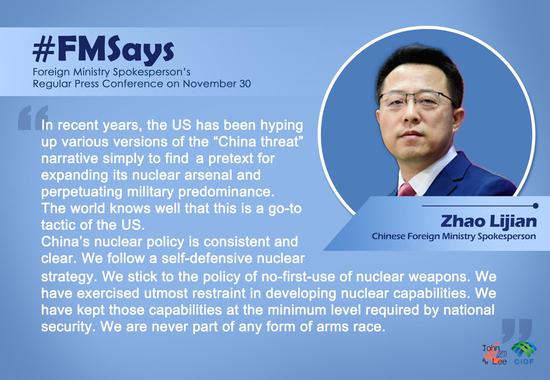



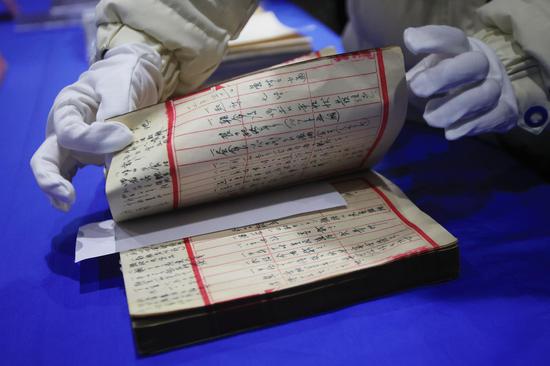

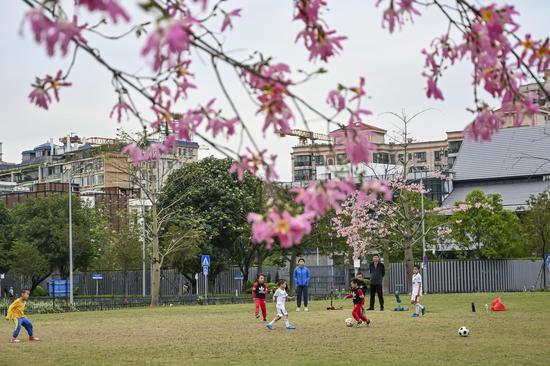

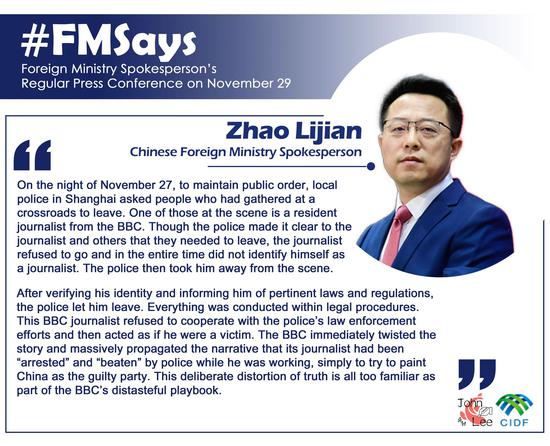



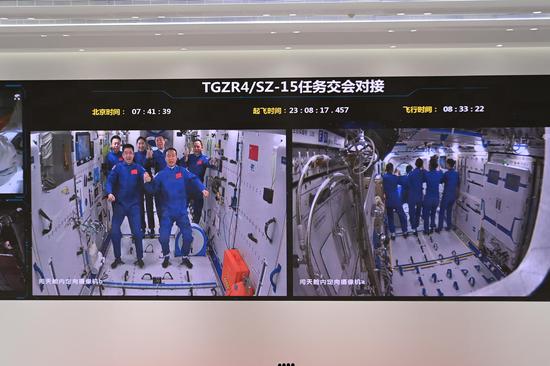

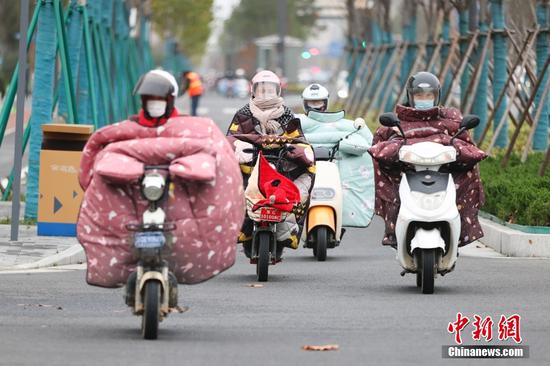

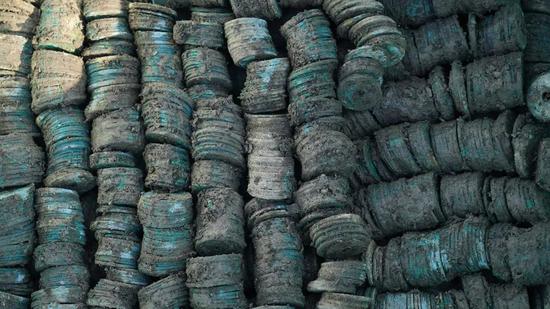


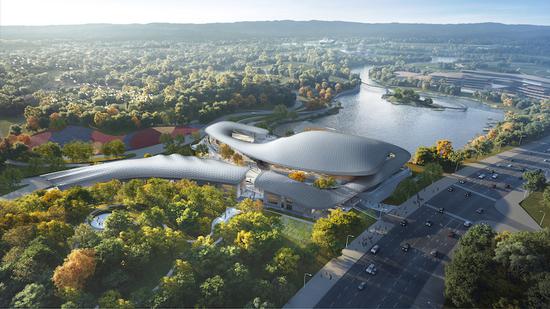

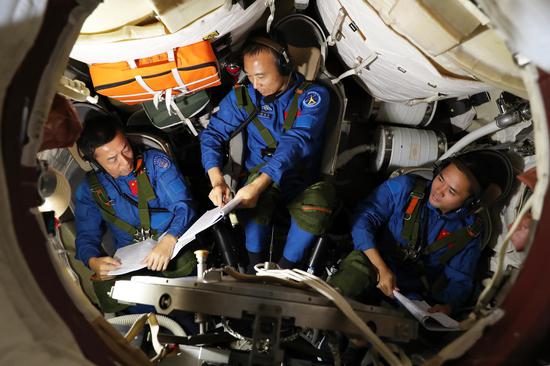
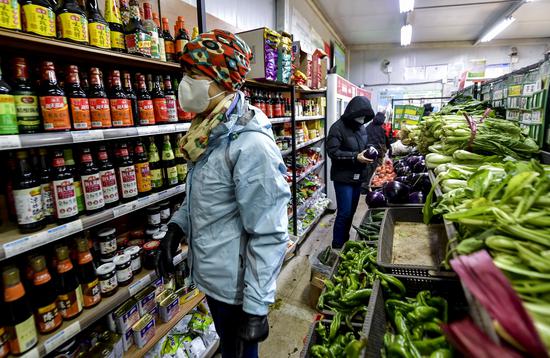
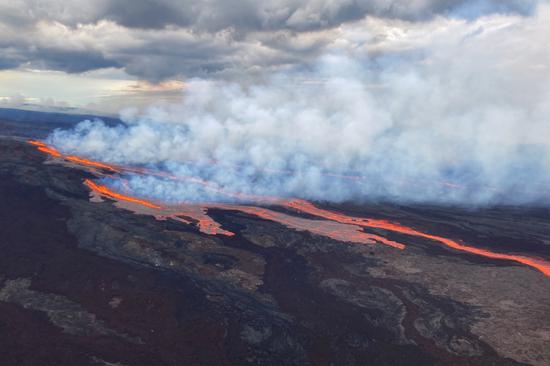







 京公网安备 11010202009201号
京公网安备 11010202009201号